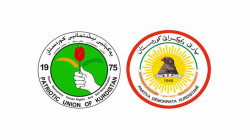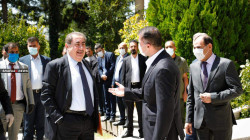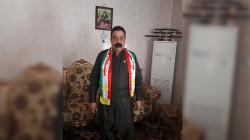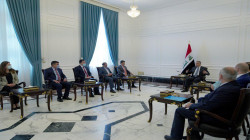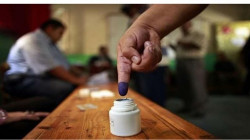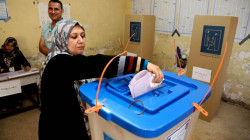Iraq's census: PUK warns missing ethnicity question could “erase Kurdish identity”
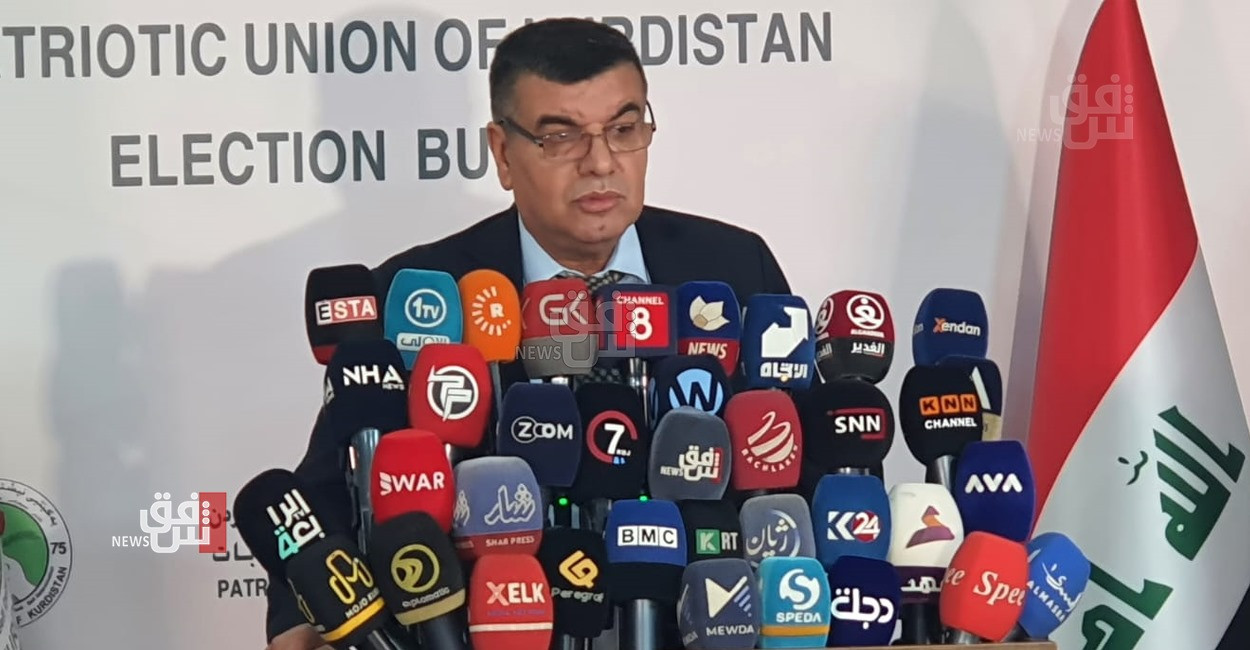
Shafaq News/ On Wednesday, the Patriotic Union of Kurdistan (PUK) urged Kurds to return to disputed areas and participate in the upcoming November census, highlighting it as a crucial opportunity to affirm “the national identity” of these regions.
Speaking at a press conference attended by Shafaq News Agency, Razgar Haji Hama, a member of the PUK's Political Bureau, called on Kurds living outside the Kurdistan Region (KRI), particularly in disputed areas like Kirkuk and Khanaqin, to return to their homes before the census begins to register their names in the population records.
“This census should not be conducted without including Kurds living in Kurdistani areas outside the Region,” Hama stated. “Kurds living outside Iraq can return with their official documents to participate in the census and confirm their residence in their cities.”
Hama explained, “The PUK has formed special committees to closely monitor the census process to ensure Kurdish citizens’ participation.”
Moreover, he expressed concern over the absence of a question about ethnicity in the current census forms, asserting that including such a question is essential to accurately reflect the number of Kurdish citizens in these areas. “Omitting the ethnicity question could distort the census results and erase Kurdish identity.”
“The census should be viewed as a national and ethnic matter, free from political disputes.” Hama stressed the need for “joint efforts among all parties to ensure the success of the process.”
Iraq Census Controversy
Iraq's last comprehensive population census was conducted in 1987, involving all governorates, followed by a 1997 census that excluded the KRI. Since then, the country has relied on approximate figures from unofficial institutions and research centers, with the Ministry of Planning estimating the population at over 42 million in 2022.
The issue of disputed areas has been one of Iraq's most complex and sensitive political challenges since 2003, characterized by significant ethnic and national diversity and stretching between the Kurdistan Region and the Baghdad government.
The census has been delayed due to concerns about its potential politicization. Ethnic groups in disputed areas, such as Kirkuk—a city with a mixed population of Kurds, Arabs, and Turkmen and major oil fields—have opposed the census, fearing it might reveal a demographic composition that could undermine their political ambitions.
In this context, the census could either provide answers or further exacerbate tensions in a multi-ethnic country that has experienced sectarian violence since the 2003 US invasion and is now focused on securing its gains and determining how to allocate its vast oil wealth.
Since 2003, the Kurdistan Region has advocated for the inclusion of Kirkuk and a comprehensive population census, which could determine if Kurds are the largest ethnic group in the city, potentially strengthening their claim. It could also reveal the population in the Region, affecting its share of the Iraqi government's revenue, currently around 12%. However, while the census was expected to reveal Iraq's religious or ethnic composition, there will be no questions on these aspects, sparking resistance from residents in disputed areas.
